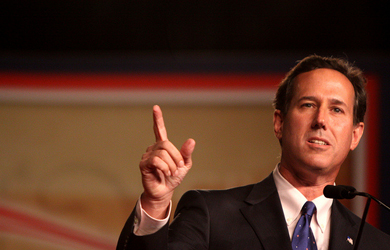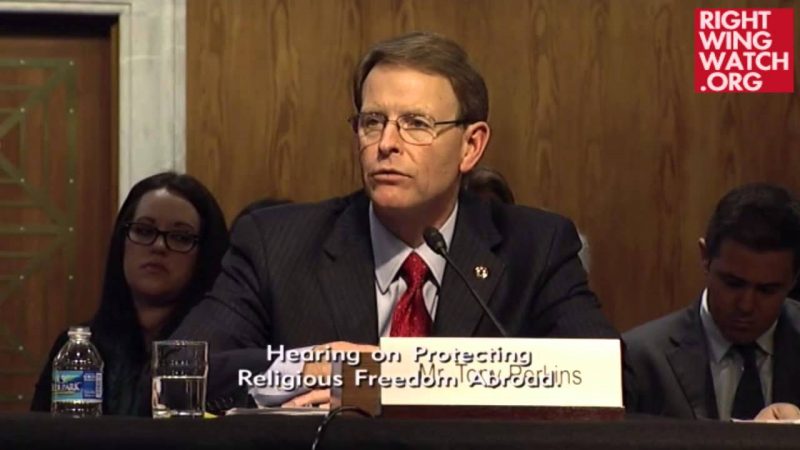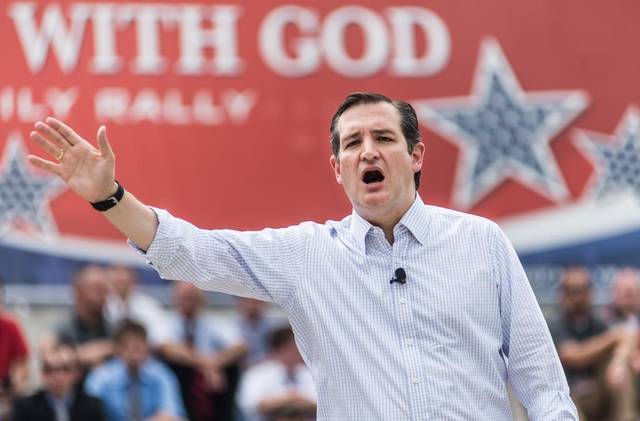Writing for the majority in the Hobby Lobby case, Justice Alito emphasized [PDF] that the ruling, which partly overturned the Obama administration’s rules on birth control coverage, does not apply to other cases involving religious objections to government regulations:
This decision concerns only the contraceptive mandate and should not be understood to hold that all insurance-coverage man-dates, e.g., for vaccinations or blood transfusions, must necessarily fall if they conflict with an employer’s religious beliefs. Nor does it provide a shield for employers who might cloak illegal discrimination as a religious practice.
…
In any event, our decision in these cases is concerned solely with the contraceptive mandate. Our decision should not be understood to hold that an insurance-coverage mandate must necessarily fall if it conflicts with an employer’s religious beliefs. Other coverage requirements, such as immunizations, may be supported by different interests (for example, the need to combat the spread of infectious disease) and may involve different arguments about the least restrictive means of providing them.
Apparently, the Supreme Court has determined that contraception, unlike immunizations, just doesn’t cut it in terms of public health.
In a footnote, Alito cites findings of the Centers for Disease Control and Prevention to back up claims that the government should be allowed to require immunizations over the religious objections of people who oppose vaccinations.
Of course, the contraception rule, the New York Times points out, “relied on the recommendations of the Institute of Medicine, an independent group of doctors and researchers that concluded that birth control is not just a convenience but is medically necessary ‘to ensure women’s health and well-being.’”
It is undeniable that the advent of contraception, used by around 99 percent of sexually active women, and family planning has had an extraordinary impact on public health on a level similar to the creation of new vaccines. Unless, of course, your worldview leads you to believe that such pills are simply used by women as tools to have an abortion.
Justice Ginsburg points out in her dissent that the Supreme Court has rejected past religious objections to generally applicable rules from non-persons, including church-operated schools:
And where is the stopping point to the “let the government pay” alternative? Suppose an employer’s sincerely held religious belief is offended by health coverage of vaccines, or paying the minimum wage, see Tony and Susan Alamo Foundation v. Secretary of Labor, or according women equal pay for substantially similar work, see Dole v. Shenandoah Baptist Church? Does it rank as a less restrictive alternative to require the government to provide the money or benefit to which the employer has a religion-based objection?
Indeed, the high court previously rebuffed religious-based challenges to laws regarding the minimum wage, equal pay and regulation of illicit drugs.
Religious groups that believe in the subservience of women, reject vaccines and blood transfusions or seek to use controlled substances as part of religious rituals, according to the majority opinion, don’t have as much “religious liberty” than a secular for-profit corporation such as Hobby Lobby.
Ginsburg adds:
Hobby Lobby and Conestoga surely do not stand alone as commercial enterprises seeking exemptions from generally applicable laws on the basis of their religious beliefs. See, e.g. Newman v. Piggie Park Enterprises, Inc (owner of restaurant chain refused to serve black patrons based on his religious beliefs opposing racial integration)…
…
[H]ow does the Court divine which religious beliefs are worthy of accommodation, and which are not? Isn’t the Court disarmed from making such a judgment given its recognition that “courts must not presume to determine…the plausibility of a religious claim?”Would the exemption the Court holds RFRA demands for employers with religiously grounded objections to the use of certain contraceptives extend to employers with religiously grounded objections to blood transfusions (Jehovah’s Witnesses); antidepressants (Scientologists); medications derived from pigs, including anesthesia, intravenous fluids, and pills coated with gelatin (certain Muslims, Jews, and Hindus); and vaccinations (Christian Scientists, among others)?
…
[A]pproving some religious claims while deeming others unworthy of accommodation could be “perceived as favoring one religion over another,” the very “risk the Establishment Claus was designed to preclude.”
While Alito stresses that only closely-held corporations are involved in this case, what about a company board dominated by Jehovah’s Witnesses, Christian Scientists, or evangelicals like David Barton who believe “that the Bible opposes the minimum wage, unions and collective bargaining, estate taxes, capital gains taxes, and progressive taxation in general”?
With Congress currently debating the Employment Non-Discrimination Act, what if Hobby Lobby’s owners cited their religion as a reason to discriminate against LGBT employees? Or refuse to cover HIV/AIDS treatments?
With this ruling, it seems that the court wants to decide for itself what counts as a necessary government strategy to protect public health, and what doesn’t.








